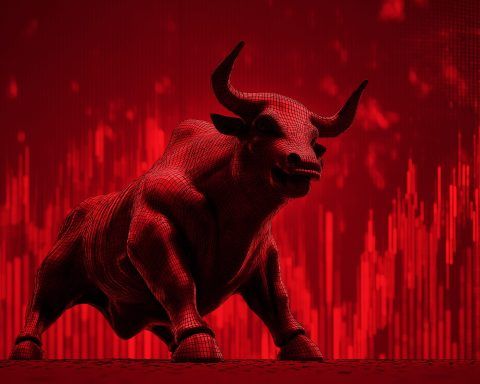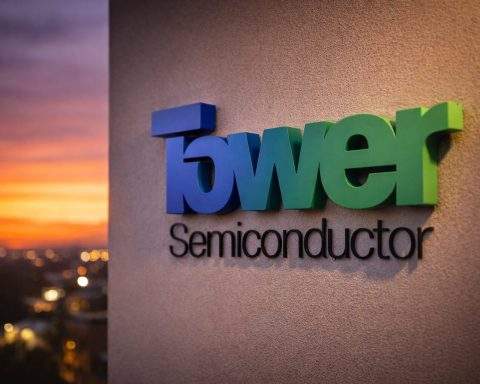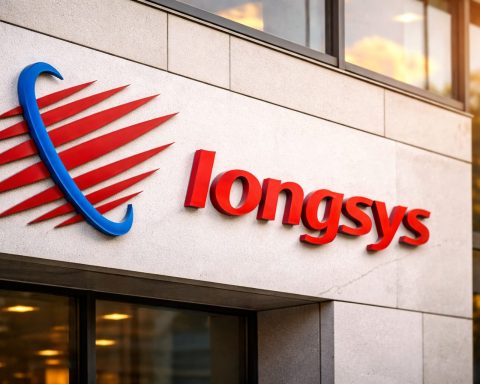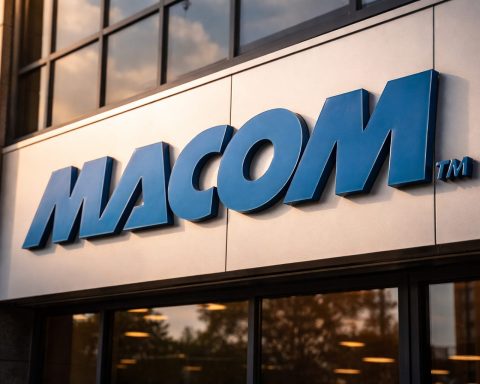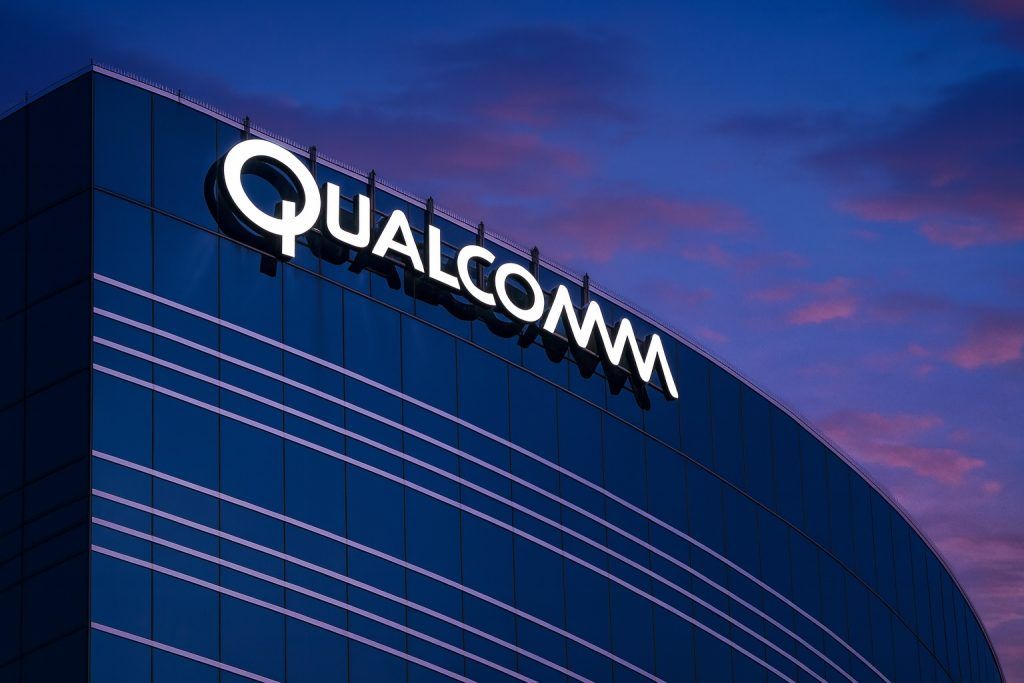How a quiet October pardon, a $2 billion stablecoin deal and a Trump-linked crypto empire collided — and why November 17, 2025 is a turning point in the controversy.
November 17, 2025
On November 17, 2025, the political and crypto worlds converged around one story: President Donald Trump’s presidential pardon of crypto billionaire Changpeng “CZ” Zhao, founder of Binance, and the growing backlash over what critics call an unprecedented mix of money, power and clemency.
A new 60 Minutes investigation, follow‑up reporting in outlets including CBS News, Newsweek and FactCheck.org, and fresh coverage in the crypto press have thrust the October pardon back into the spotlight. Former U.S. pardon attorney Elizabeth Oyer has gone so far as to label the decision “corruption,” arguing that the financial benefits to Trump’s family-linked crypto venture, World Liberty Financial, crossed ethical red lines. 1
At the same time, Binance is signaling it could channel over $4 billion of new investment into the United States if it ever receives a partial refund of its record federal penalties — further raising the stakes around the pardon and the future of U.S. crypto regulation. 2
Key facts at a glance
- Who was pardoned? Changpeng “CZ” Zhao, billionaire founder of Binance, the world’s largest crypto exchange by trading volume. 2
- What was he convicted of? In 2023, Zhao pleaded guilty to failing to maintain an effective anti–money laundering program at Binance; the company admitted Bank Secrecy Act and sanctions violations and agreed to pay more than $4.3 billion in penalties, while Zhao personally paid $50 million and served four months in custody. 2
- When was he pardoned? Trump granted a full and unconditional presidential pardon on October 23, 2025, shortly after Zhao completed his sentence in 2024. 2
- What’s new today (Nov 17, 2025)?
- A 60 Minutes segment and transcript linked Binance’s assistance to the Trump family’s World Liberty Financial (WLF) and a $2 billion Emirati deal executed entirely in WLF’s stablecoin, USD1, to the timeline of Zhao’s pardon. 3
- Oyer publicly called the pardon “absolutely not justice” and “corruption” in interviews amplified across U.S. and international media. 3
- Crypto outlet CryptoSlate reported that Binance would consider investing $4+ billion in America if any portion of its penalties is ever refunded post‑pardon. 4
- A new piece on 99Bitcoins highlighted an ICIJ investigation alleging Binance and Zhao continued to benefit from hundreds of millions in suspicious flows even after their 2023 plea, keeping Trump’s World Liberty token under scrutiny. 5
From money‑laundering case to presidential pardon: the timeline
2018–2023: The investigation and guilty plea
U.S. authorities began investigating Binance’s compliance practices as early as 2018. In November 2023, the Justice Department announced that Binance had pleaded guilty to Bank Secrecy Act, money-transmission and sanctions violations, describing the settlement as one of the largest corporate penalties in U.S. history. 6
Prosecutors said Binance failed to report suspicious transactions involving sanctioned jurisdictions and criminal activity, allowing flows linked to terrorists, cybercriminals and child abusers to move through the platform. 6
Zhao personally pleaded guilty to failing to maintain an effective anti–money laundering program and resigned as CEO, though he kept his large ownership stake in Binance. Federal guidelines suggested 12–18 months in prison, prosecutors asked for three years, but a judge ultimately sentenced him to four months, plus a $50 million personal fine. 6
2024: Sentence served, crypto empire intact
Zhao served his time in a low‑security facility and halfway house in 2024, then returned to Dubai. Despite his conviction, he remained one of the richest people in crypto, with an estimated net worth of tens of billions of dollars. 6
October 23, 2025: Trump’s full and unconditional pardon
On October 23, 2025, the White House announced that President Trump had granted Zhao a full and unconditional presidential pardon, wiping away his federal conviction and opening the door for him to fully re‑engage in global business. 2
White House press secretary Karoline Leavitt framed the move as correcting what she called the Biden administration’s “war on cryptocurrency,” arguing that Zhao had been over‑prosecuted. 2
Markets responded immediately. Tokens linked to Binance and Trump’s own crypto universe — including Binance’s BNB and the Trump‑linked WLFI stablecoin — saw double‑digit percentage jumps in the days surrounding the announcement. 7
Trump’s defense: “Witch hunt,” crypto growth and no personal ties
In interviews and press events since the pardon, Trump has repeatedly cast Zhao as a victim of a politicized Justice Department under President Biden and compared Zhao’s prosecution to investigations he himself faced. 6
On 60 Minutes and in other appearances, Trump has insisted he does not know Zhao personally, saying he acted on the advice of others and believed Zhao had been treated unfairly. In one exchange highlighted by CBS and The Guardian, Trump said: “I don’t know who he is… I know nothing about the guy,” while calling the prosecution a “witch hunt.” 6
The White House maintains that neither the president nor his family has engaged in conflicts of interest. Leavitt has emphasized that a team of lawyers reviews pardon applications and that Trump is focused on people “abused and used by the Biden Department of Justice.” Eric Trump, a co‑founder of World Liberty Financial, has said his father “has nothing to do with our company.” 8
Zhao, for his part, has publicly thanked Trump for the pardon and pledged to help make “America the Capital of Crypto,” while denying that he has any business relationship with Trump’s sons. 9
The World Liberty connection: a $2 billion stablecoin deal
The fiercest criticism centers on the financial ties between Binance, Zhao and the Trump family’s crypto venture, World Liberty Financial (WLF).
Building Trump’s crypto bank
World Liberty Financial, billed as a kind of crypto‑era “bank” offering services in digital currencies, was launched by Trump’s sons in late 2024 and promoted heavily during the 2024 campaign. Its flagship stablecoin, USD1, is pegged to the U.S. dollar. 3
An earlier investigation by Reuters found that the Trump family reaped more than $800 million in cash from crypto‑asset sales in the first half of 2025 alone, with much of the money coming from overseas investors. 10
Binance’s role in the tech and token
According to Bloomberg, cited by FactCheck.org, Binance engineers helped create the initial code that allowed WLF to issue USD1, lending crucial technical know‑how to a still‑nascent platform. 6
CBS and Newsweek report that Binance also donated software to World Liberty to help the Trump family’s firm launch its crypto products — with one source saying that “without Zhao, the technology doesn’t exist.” 3
The $2 billion Emirati fund deal
The most explosive detail is a $2 billion investment that a United Arab Emirates‑based fund, MGX, made in Binance in May 2025. Crucially, that investment was reportedly conducted entirely in USD1, turning what had been a relatively obscure stablecoin into a major global player almost overnight. 3
- 60 Minutes reported that the $2 billion represents most of World Liberty’s deposits and that the funds remain parked at WLF, potentially generating tens of millions of dollars in annual interest for the Trump family and its partners. 3
- One source told CBS the arrangement “wasn’t strange — it was nuts,” while Harvard law professor Lawrence Lessig argued that the only way the deal made sense was as a means to “ingratiate with the president.” 3
Attorneys for Zhao and Binance deny providing proprietary technical support to World Liberty, saying that any software was freely available open‑source code. WLF’s lawyers similarly deny playing any role in Zhao’s pardon and say they never contacted the president about it. 3
Oyer and ethics experts: “This is corruption”
The November 17 news cycle is dominated by one phrase: “This is corruption.”
Elizabeth “Liz” Oyer, who served as U.S. pardon attorney from 2022 until her dismissal in March 2025, told 60 Minutesthat Zhao’s case “wasn’t close” to meeting Justice Department standards for a pardon. She argued that the scale of the financial benefits flowing to Trump‑linked entities made the decision unprecedented. 3
In her words:
- The influence of money on the pardon was “unprecedented.”
- The “self‑dealing” benefit to Trump, his family and inner circle was also “unprecedented.”
- The pardon was “absolutely not justice. This is corruption.” 3
Oyer has since become a broader critic of Trump’s second‑term clemency system, claiming that many deserving applicants are overlooked in favor of the “wealthy and well‑connected.” She estimates that Trump’s recent pardons — including those that wiped away fines — have already cost U.S. taxpayers roughly $1.3 billion. 11
Other experts echo her concerns:
- Lessig warns that the intertwining of private financial interests and U.S. foreign policy has created a “private form of corruption” inside the executive branch. 3
- Constitutional scholar Michael Gerhardt says that the WLF–Binance entanglements are a “classic example of a conflict of interest” the Constitution is meant to guard against, because they benefit Trump and his family rather than the public. 3
Congressional and watchdog response
Trump’s pardon power is constitutionally broad, and courts cannot overturn a validly issued pardon. But lawmakers and watchdogs are looking for other ways to scrutinize the decision.
- A group of seven U.S. senators wrote to Attorney General Pam Bondi seeking detailed information about the Zhao pardon, warning that it may signal to crypto executives and white‑collar offenders that they can “commit crimes with impunity so long as they enrich President Trump enough.” 6
- Twenty‑eight Democratic House members have also written to the Justice Department, raising “potential conflicts of interest” and asking how Trump’s financial ties were handled in any internal review. 6
- Reporting in Le Monde describes the Zhao decision as part of a broader pattern in which Trump openly uses clemency to aid business allies, donors and political supporters, noting Democrats’ calls for a formal inquiry into conflicts of interest. 11
Still, critics face a structural obstacle: the Constitution gives the president near‑absolute discretion over federal pardons, leaving Congress limited to oversight, hearings and potential ethics or campaign‑finance investigations around the edges.
Crypto markets and Binance’s next move
Despite the political uproar, markets have largely treated the pardon as a bullish signal for both Binance and Trump‑linked tokens:
- In the days following the October announcement, Binance’s BNB token surged roughly 8–15%, while WLFI‑linked tokens and treasury vehicles climbed by double digits before settling back. 7
- 99Bitcoins reports that World Liberty’s WLFI token is holding up better than Bitcoin in a choppy market and that the ICIJ investigation has not yet dented speculative interest. 5
The latest twist, reported November 17 by CryptoSlate, is that Binance has floated the idea of investing more than $4 billion into the U.S. economy if it ever receives a partial refund of its $4.3 billion enforcement package. CZ has joked about the prospect on X, suggesting any refund would be invested “in America anyway,” while acknowledging that Binance has not formally requested such relief. 4
Legal and regulatory experts say any attempt to claw back a portion of the settlement would face major hurdles, including:
- The need for congressional appropriation or explicit legal authority to release funds already allocated or spent.
- Intense political scrutiny given the perceived quid‑pro‑quo risk after the pardon.
- Coordination among multiple agencies, including the Justice Department, Treasury and financial regulators. 4
For now, the refund scenario remains hypothetical — but it underscores how much money, and leverage, sits at the intersection of the pardon, Binance and Trump’s crypto ambitions.
What the pardon means for CZ and Binance
Trump’s full pardon erases Zhao’s federal conviction, effectively treating it as if it never occurred. That has several practical consequences:
- It could make it easier for Zhao to travel, work with U.S.‑regulated entities and re‑assume more formal leadership roles in the global crypto industry. 2
- Analysts say the pardon may smooth Binance’s efforts to expand in the United States under a far more crypto‑friendly Trump administration, although existing settlements and ongoing compliance obligations still bind the company. 2
- At the same time, the political backlash — and the risk of a future administration taking a harsher view — could deter some institutional partners and deepen regulatory skepticism worldwide. 6
An ICIJ‑linked investigation cited by 99Bitcoins alleges that Binance and Zhao continued to profit from suspicious transactions even after their 2023 plea and before the pardon, raising fresh questions about how much has truly changed inside the exchange. 5
Bigger picture: pardons, power and the future of U.S. crypto policy
Trump’s CZ pardon is not just about one billionaire or one exchange. It’s become a test case for three overlapping debates:
- How far should presidential pardon power go when the president has direct financial interests at stake?
Investigative outlets like ProPublica and Le Monde argue that Trump’s second term has turned clemency into a tool for rewarding allies, donors and business partners, while reforms proposed in previous administrations — such as independent clemency commissions — have stalled. 11 - Is the U.S. really ending a “war on crypto” — or just shifting who benefits from enforcement decisions?
Trump and his aides have framed Zhao as a casualty of an overzealous Biden‑era crackdown, while critics point to the years‑long, bipartisan origins of the Binance investigation and argue that the pardon sends a dangerous “too big to jail” signal to crypto executives. 2 - Can the U.S. regulate crypto effectively if presidential business ventures are entangled with major industry players?
When a president’s family earns hundreds of millions from tokens and platforms tied to companies under U.S. investigation, independent oversight becomes harder — and perceptions of fairness erode, regardless of the legalities. 10
As the controversy intensifies on November 17, 2025, one thing is clear: Zhao’s pardon has moved beyond a niche crypto story into a defining case study of money, influence and executive power in Trump’s second term. What happens next — in Congress, in the courts of public opinion and in global crypto markets — will shape not just Binance’s future, but the credibility of the American clemency system and the country’s role in setting the rules of digital finance.

